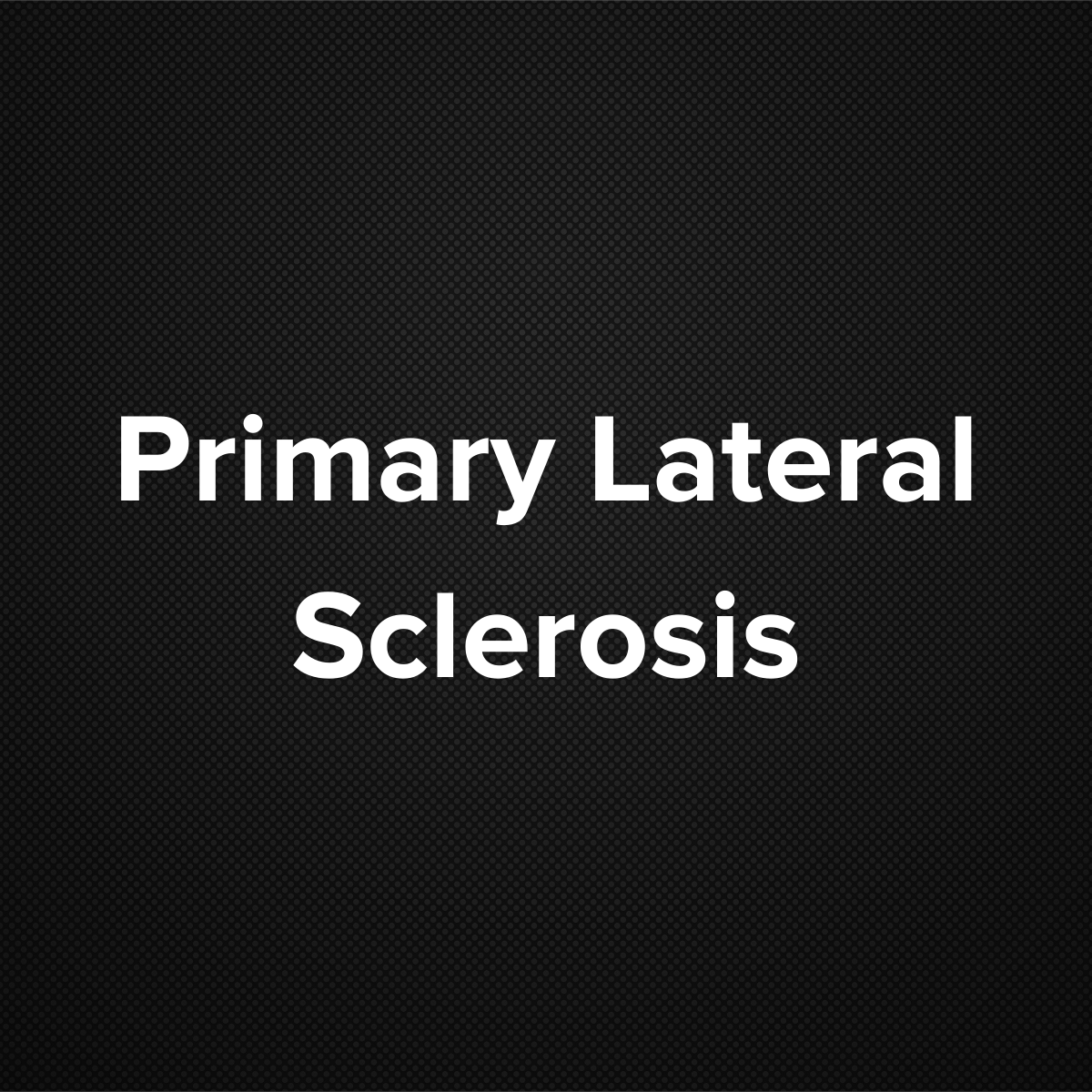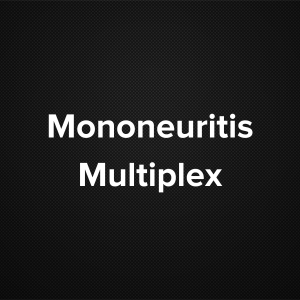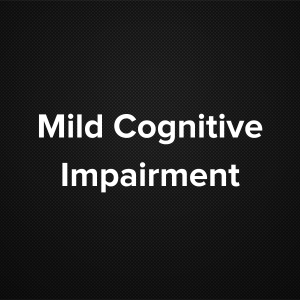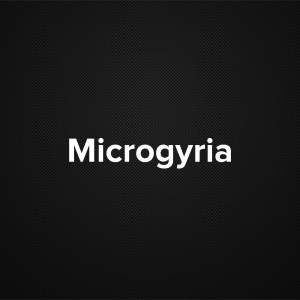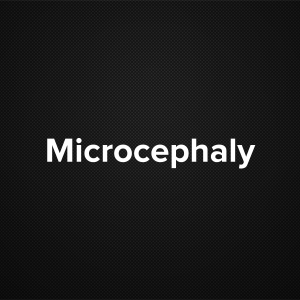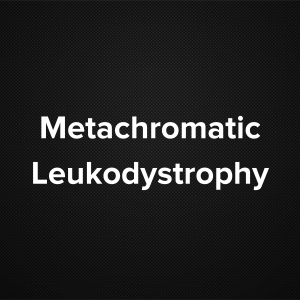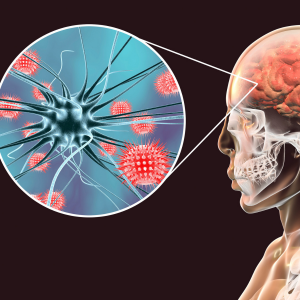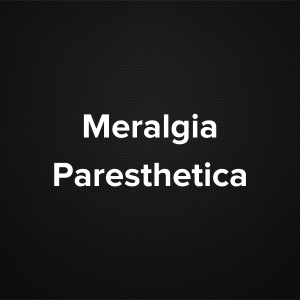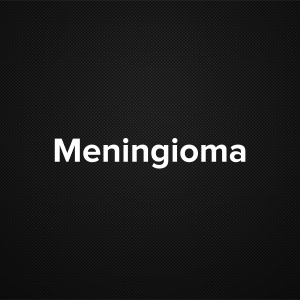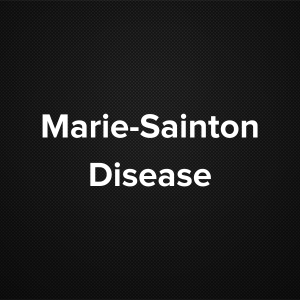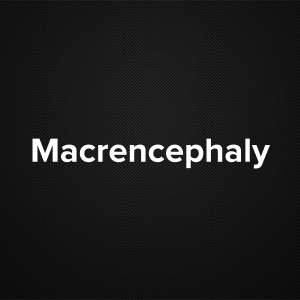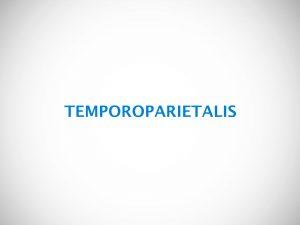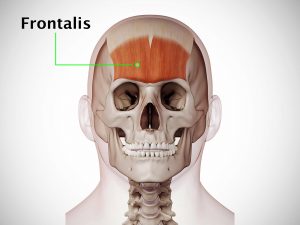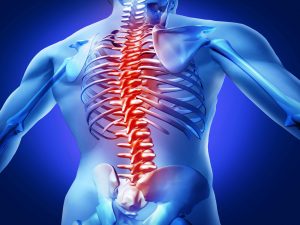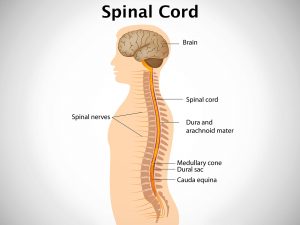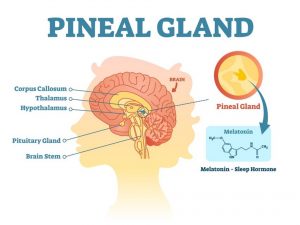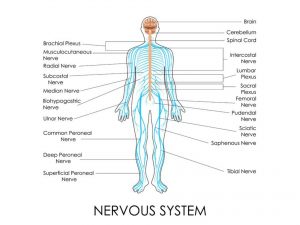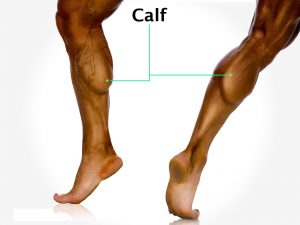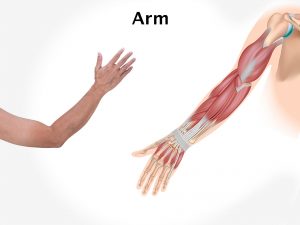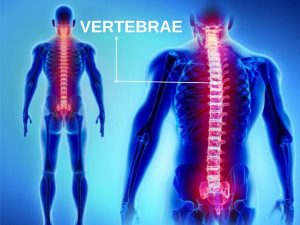Causes and risk factors
The exact cause of Primary lateral sclerosis (PLS) is not known. Research is still going on in this regards. Genetic factor is the major contributing factor.
Clinical presentation
The symptoms appear gradually. The muscles of the lower limbs are the first to get affected. Over time the upper extremities and the muscles of the face are affected. The muscles become tight and due to tightness the patient experiences pain. Twitching and cramping of muscles are seen. Numbness or weakness of the extremities occurs. The speech becomes slurred or there is loss of speech. Drooling, difficulty in swallowing and hoarseness of voice are the other symptoms seen. This all leads hampers the work efficiency and emotional upsets occurs.
Diagnosis:
Diagnosis can be made on the basis of the symptoms narrated by the patient and the physical examination and complete neurological evaluation carried out by the neurologist.Threre is no specific test for confirmation.MRI and CT scan of the brain is advised. Electromyography (EMG) and nerve conduction velocity (NCV) to evaluate the muscle and nerve cell affection. Lumbar puncture for cerebrospinal fluid examination are done. Certain other investigations like routine blood test, Lipid profile, blood sugar levels, renal and liver function test can be suggested.
Treatment
There is no specific cure and treatment for primary lateral sclerosis. Symptomatic relief is the main line of treatment. Muscle relaxant and pain relieving medications can be advised, Anti depressants are also recommended. Physical exercises are advised that will help to strengthen the muscles. Dietary care also needs to be taken. One should take a well balance nutritious diet. For improvement of communication, certain techniques taught by a speech therapist can be helpful.
Other modes of treatment:
Certain other modes of treatment can also be helpful in coping up the symptom. Taking into consideration the symptoms in holistic way, homoeopathy can offer a good aid for the relief of the symptoms
Recent update:
The National Institute of Neurological Disorders and Stroke, part of the National Institutes of Health are conducting various researchers to understand the mechanism involved in the progression of the diseases so as to make up an effective treatment plan.
